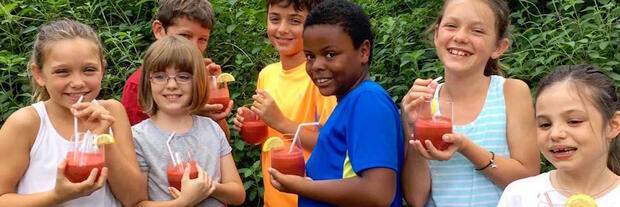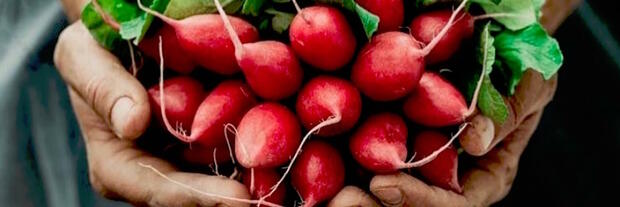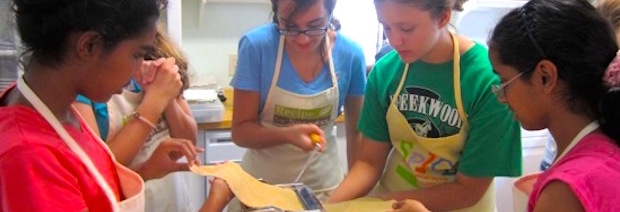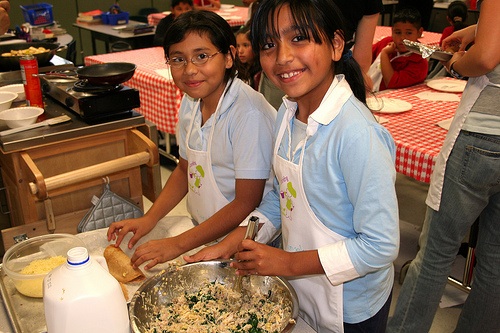Jamie, originally from Malaysia, moved to the Houston area about 15 years ago. Always interested in nutrition and health, Jamie has had a wide range of working and volunteer experience, from a nutritional representative for infant formula for four years in Malayasia to an internship in an internal medicine in Georgia to volunteer work in nutritional counseling and dietary analysis right here in Houston.

A recent graduate of University of Houston Science and Nutrition Degree Program, Jamie felt that volunteer work with Recipe for Success Foundation (RFS) was a natural next step for her career in health and nutrition. "The mission statement of RFS is a precursor to what health and nutrition is all about." Jamie is new to the RFS volunteer scene, but she has already noticed big changes in the students and classes she works with. "You think these kids will never touch the healthy food on their plate, but by the end of the program, they are very receptive."
Jamie and her family are very involved in the Houston art scene. Always interested in the newest exhibits at one of the many Houston museums, Jamie's family also has traveled extensively, from Japan to Australia to China to Indonesia, just to name a few exotic adventures.
Already known in the classrooms at many of RFS's program schools, including MacGregor, Briscoe and Rodriguez, Jamie plans to continue volunteering and immersing herself in the healthy food scene.
Thank you, Jamie! We look forward to your continued hard work!

A recent graduate of University of Houston Science and Nutrition Degree Program, Jamie felt that volunteer work with Recipe for Success Foundation (RFS) was a natural next step for her career in health and nutrition. "The mission statement of RFS is a precursor to what health and nutrition is all about." Jamie is new to the RFS volunteer scene, but she has already noticed big changes in the students and classes she works with. "You think these kids will never touch the healthy food on their plate, but by the end of the program, they are very receptive."
Jamie and her family are very involved in the Houston art scene. Always interested in the newest exhibits at one of the many Houston museums, Jamie's family also has traveled extensively, from Japan to Australia to China to Indonesia, just to name a few exotic adventures.
Already known in the classrooms at many of RFS's program schools, including MacGregor, Briscoe and Rodriguez, Jamie plans to continue volunteering and immersing herself in the healthy food scene.
Thank you, Jamie! We look forward to your continued hard work!















